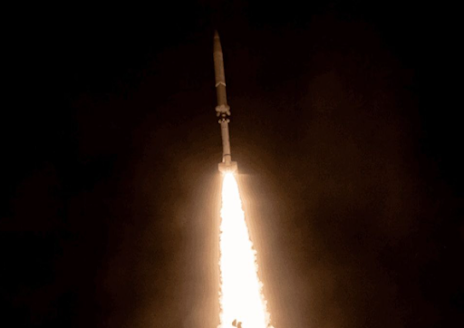In an increasingly uncertain world, the specter of conflict looms large, prompting nations to take proactive measures to ensure the safety and survival of their citizens. Germany and the Nordic countries, known for their forward-thinking approaches, are at the forefront of this preparation. These countries are actively educating their populations on how to survive in the event of a catastrophic scenario, such as a war or a major disaster. The question on many minds is, "Will you survive 72 hours?" This critical period is often cited as the timeframe during which individuals must be self-sufficient before external aid can be expected.
Germany, with its history of resilience and preparedness, has been particularly vigilant in its efforts. The German government has issued comprehensive guidelines and booklets that provide detailed instructions on how to build a bunker, stock up on essential food supplies, and live without electricity. These resources are not just theoretical; they offer practical advice on constructing makeshift shelters, identifying safe water sources, and maintaining basic hygiene in the absence of modern conveniences. The goal is to empower citizens to take charge of their own safety and that of their families during the initial, chaotic days of a crisis.
Similarly, the Nordic countries—Sweden, Norway, Denmark, and Finland—have embraced a culture of preparedness. Sweden, for instance, has distributed a booklet titled "If Crisis or War Comes" to every household. This publication covers a wide range of topics, from how to recognize propaganda to the importance of community cooperation during a crisis. Norway has developed robust emergency response plans and regularly conducts drills to ensure that its citizens are ready for any eventuality. Denmark and Finland have also implemented comprehensive emergency management systems, emphasizing the importance of individual and community preparedness.
Technology plays a crucial role in these preparations. Mobile applications have been developed to provide real-time updates and advice during emergencies. These apps offer tips on everything from first aid to evacuation routes, ensuring that citizens have access to critical information at their fingertips. For example, the Swedish Civil Contingencies Agency (MSB) has an app that provides alerts and guidelines for various emergency situations. Similarly, Germany's Federal Office of Civil Protection and Disaster Assistance (BBK) offers an app that helps users create personalized emergency plans and stay informed about potential threats.
The emphasis on the first 72 hours is not arbitrary. Historical data and emergency management studies have shown that this period is critical for survival. During this time, essential services such as electricity, water, and communication networks may be disrupted, making it difficult for authorities to provide immediate assistance. By being prepared with food, water, medical supplies, and a plan, individuals can significantly increase their chances of surviving until help arrives.
Education and awareness are key components of these preparedness efforts. Schools and community organizations are incorporating emergency preparedness into their curricula and programs. Workshops and training sessions are being conducted to teach skills such as basic first aid, emergency communication, and survival techniques. The aim is to create a population that is not only aware of potential threats but also equipped with the knowledge and tools to respond effectively.
The psychological aspect of preparedness cannot be overlooked. Living through a crisis can be emotionally taxing, and mental resilience is as important as physical preparedness. The guidelines and resources provided by these countries also address the psychological impact of disasters, offering tips on how to cope with stress, maintain morale, and support one another during difficult times. Community support networks are being established to ensure that no one is left to face a crisis alone.
In conclusion, the efforts by Germany and the Nordic countries to prepare their citizens for potential wars or disasters serve as a model for other nations. By focusing on the critical first 72 hours and providing comprehensive resources and education, these countries are ensuring that their populations are resilient and ready to face any challenge. The question "Will you survive 72 hours?" is not just a hypothetical scenario but a call to action, encouraging individuals to take responsibility for their own safety and that of their communities. In a world where uncertainty is a constant, preparedness is the key to survival and resilience.





















.jpg)
.jpg)
.jpg)
.png)











.jpg)
